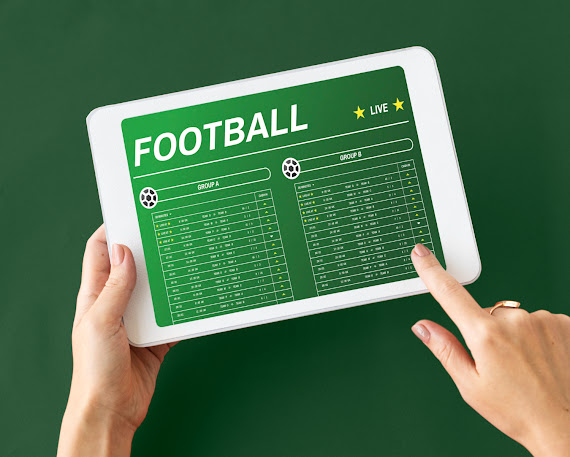The Importance of Mental skills training for Sports
Sports Psychology or sports mental training is about improving your attitude and mental toughness to help you perform your best by identifying limiting beliefs and embracing a healthier philosophy about your sport.
Mental skills training for sports is used to help improve confidence, focus and deal with distractions. Many athletes have the potential to concentrate, but often their focus is displaced on the wrong path while trainers train them and make them result-oriented focus. Much of the instruction on focus deals with helping athletes to stay focused on the present moment and let go of results. The capability to concentrate in the present and keep focused on the task is very important to achieve peak performance in any sport. When you focus on possible future outcomes, it distracts you from what’s going on in the present play, shot, or routine. It’s important for you to focus on your game and let go of results. Now let's take a closer look at why mental skills are important in sport.
The Importance Of Mental Skills In Sport
Most people give too much special importance on the physical capabilities of an athlete, when the mental skills they may have, or lack, are just as critical to their success. It’s important to know the fact that mental skills, self-awareness and the ability to understand and work with other people, are just as important to your success as being able to run fast or step off of both feet.
Think about the mental skills being an athlete's hub. Every decision they make is processed by their brain. So it’s vital to acknowledge it’s the hub of everything we do. Consider your own experience in sport. You have likely encountered athletes who didn’t have all of the physical attributes that plenty of others did, but what they did have going for them was their ability to excel at the mental side of the game. The most valuable lessons on mental skills is to-
- Set short term goals
- Talk positively to yourself
- Manage your emotions
- Visualize your successful end result
Set Short Term Goals
Setting short term goals keeps an athlete focused on their actions. This avoids their unproductive thoughts, which in turn impacts emotions and physiology. We have technical focus points after each set, the focus moves to the next logical part of the stroke or race plan. After a succession of these focus points the race is close to over and our mind has stayed on task .
Talk Positively To Yourself
Talking positive to yourself is about knowing your internal dialogue. People who’re mentally tough, have a sense of positive self-efficacy. They essentially believe they are going to achieve a positive outcome and their thoughts express this. The seals would speak encouraging words out loud which also benefits others around them. What an athlete says to themselves or motivates themselves when they are behind on the scoreboard has a huge impact on whatever they stay behind or take action to turn it around.
Manage your emotions
The ability to manage your emotions to ensure you’re in the most productive state to compete is a skill most elite athletes develop to some degree. It also includes the ability to stay composed to make quality decisions. Staying composed as an athlete is a relatively simple task compared to what a seal must do.
Visualize Your Successful End Result
Visualizing a successful end result is a hallmark of mental toughness. Every coach knows that visualization is a key skill athletes can develop which helps them to become better at performing at their sport. This important mental skill prepares an athlete’s body to execute under pressure and keep doing so in the heat of competition.
Source URL: https://henseysports.com/mental-skills-training-sport/




Comments
Post a Comment